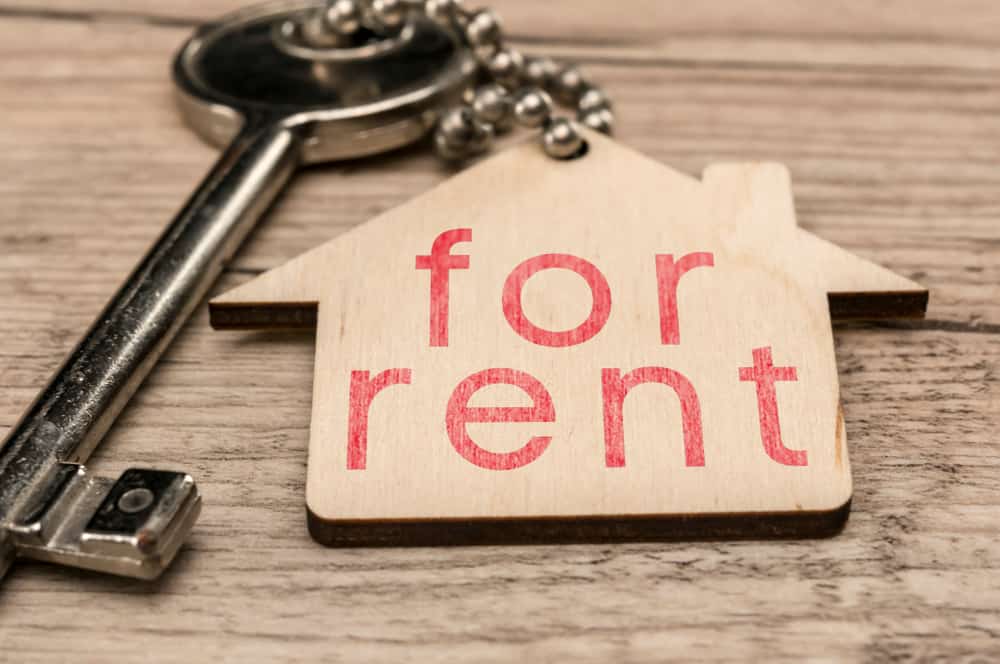
This represents a 3% increase from the 61% reported in Q2, with little differentiation by portfolio size.
The Q3 research undertaken by BVA BDRC, also shows that despite self-employed landlords being hardest hit by the pandemic, only 1% expect to lose their business as a result of COVID-19.
In addition, the proportion expecting to suffer financial hardship has declined marginally to 9% from 11% but did increase slightly among landlords with 20-plus properties.
Only one in three landlords report that they have actually seen their lettings income reduce as a result of the pandemic.
The research found that it was the self-employed landlords who are most likely to feel they have been negatively impacted by the pandemic (62%), compared to landlords who are retired (39%) or employed part-time (45%).
On a regional basis, landlords operating in London are reported to be the most likely to have experienced negative effects from COVID-19.
Almost three-quarters of landlords (74%) operating in Central London say their lettings business has been negatively impacted by Covid-19, with 31% saying this impact was significant.
However, the figures for tenant demand in London show a significant uptick compared to the levels reported throughout the pandemic, 53% of Central London landlords reported tenant demand was ‘weak’ in Q2, this has now fallen to a pre-pandemic low of 16%.
Landlords in Wales (43%) and the North West (45%) are least likely to have been negatively impacted.
George Gee, commercial director at Foundation Home Loans, said: “It’s testament to the robust nature of the buy-to-let sector – alongside the resilience, long-term planning and strength of portfolios across the UK – that such an overwhelming number of landlords have successfully navigated their way through one of the most challenging periods in recent history.
“It is encouraging to see that even the landlords in London are now reporting some indicators of recovering tenant demand.”



